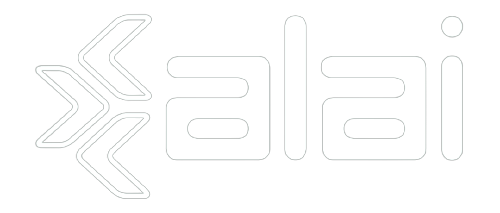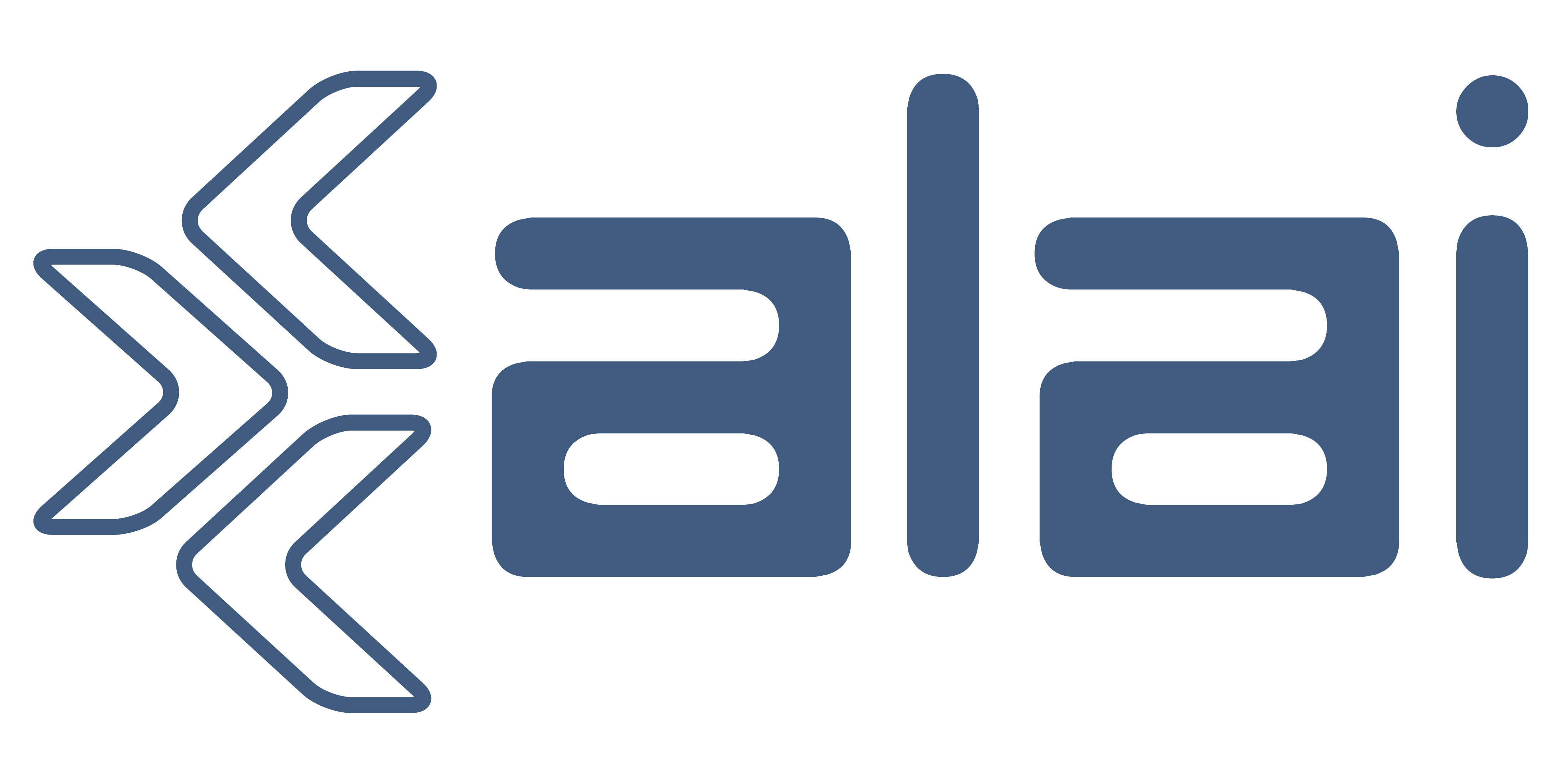Editorial policy
ALAI’s website, online since 1999, contains more than 125 thousand documents classified by subject, author, language, country or region, date and tags, to facilitate search. The content of signed articles and opinions are the sole responsibility of their authors and do not necessarily reflect the editorial position of ALAI.
Reproduction policy
-
ALAI is a non-profit agency and its publications are edited under the “copyleft” principle. That is to say that the ALAI’s own materials, exclusive content or that sent specially to the agency and edited or translated by ALAI can be freely reproduced, provided that the following norms are followed:
- Maintain the titles and subtitles of the text. Avoid cuts, reductions or deletions without authorization from ALAI or the respective author.
- Correctly cite the author.
- If the materials indicate a source other than ALAI (always at the end), consult the original source for authorization to reproduce it.
- In the case of original content or content specially sent to be edited or translated by ALAI, please include the name of the agency and a hyperlink to this website.
- In the case of social media content, cite the author, ALAI and tag our accounts, whether they are Facebook, Twitter or Instagram.
- When reproducing photos, illustrations and images in general, please respect the respective credits.
- The replicated content must not be used in any case for profit.
- In case of a translation of any of our articles, please let us know at info@alainet.org
Code of Ethics
Guidelines
- Offer an orderly and systematized information coverage of the socio-political processes of Latin America and the Caribbean, situating them in their context.
- Provide relevant information for decision-making processes and the participation of social and citizen collectives.
- Contribute to the development of an integrated approach to human rights, gender equality and interculturality.
- Promote the articulation of a broad movement in favor of the democratization of communication.
- Promote the interlinking of alternative and people’s media.
- Raise awareness and train social organizations for the formulation of their own communication policies and the development of their capacity for expression in the public arena.
- Promote access to new communication technologies, with a view to narrowing the technological gap and contributing to development.

